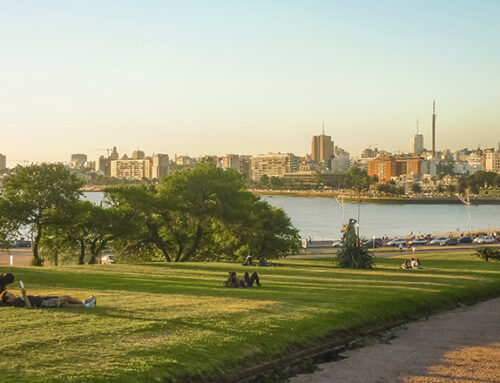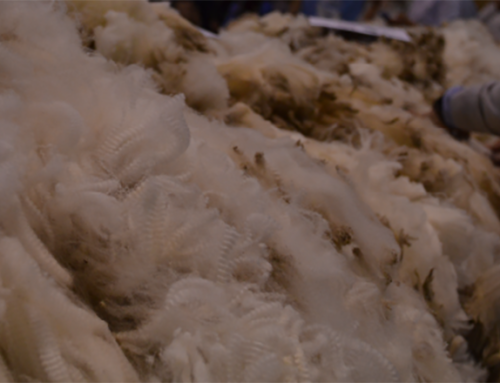Oil companies Total and ExxonMobil started drilling in the Uruguayan maritime platform searching for hydrocarbons.
Uruguayan Industry minister Carolina Cosse said that the results are expected in 100 days, but Andrés Tierno Abreu – Uruguayan member of the World Petroleum Council- alleged that it would depend on different factors.
The well is being made in the Area 14, located in the Atlantic Ocean at 250 km of the Uruguayan shore and was assigned to Total in the Uruguay Round II. The drilling will be of more than 3400 meters, exceeding the world record up to now.
“This milestone finishes 4 years of work within the framework of the Uruguay Round II and it is the first offshore exploratory well since 1976” –said the oil companies.
As Tierno Abreu explained this is a first stage, making a well to try to discover oil. If this phase is successful, if oil is found, has a suitable volume and depending on the product quality, the companies will be able to take the next steps.
It is plausible to find oil particles, natural gas or a combination of both. Abreu, an expert of energy issues and former president of the state owned Oil Company Ancap, said that the obtained samples would bring information about the area permeability and porosity.
The most favorable scenario would be the appearance of pure and high quality oil. “At this moment is best to find oil than natural gas. The highest the quality, the easier to commercialize it”– added Tierno Abreu.
In the scenario of an oil and natural gas combination, a count of the proportions needs to be done. Usually gas can be reinjected again, to favor the production of liquid oil.
Another possible scenario is not finding oil or petroleum. In this case the studies will bring information about the soil characteristics.
Steps
Total and ExxonMobil started the drilling at March 10. The operations will cost an estimate of 200 millions.
“The priority for the operative team is the security of the operations that are taking place after an extensive preparation program between the operator and the contractor Maersk in charge of the drilling”– informed both companies.
Uruguayan industry minister Cosse also talked about the safety procedures. She explained that the operations include the cementation of every meter drilled, to guarantee the workers safety.
Cosse also explained that in this first step scientific tests will define if the commercialization it’s viable. “It will take months to analyze”-she declared.
Tierno Abreu said this information will allow to progress into the next step: demarcate the well size. It’s hard to estimate how long this step will take.
If the studies are positive and economically viable, investment plans need to be done. Because of this long process, it is estimated that the sale of national oil would start around 2023.
Future
“All the decisions will depend on the results in the different stages of the process” – said Tierno Abreu.
The government announced its intention to develop a state policy if oil is found. For that reason President Tabaré Vázquez organized meetings with former Uruguayan presidents Julio María Sanguinetti, Luis Alberto Lacalle, Jorge Batlle and José Mujica. Other opposition leaders will be called afterwards.
“If oil exists it belong to all Uruguayans and its profits surpass our generation (…) we shall rest assured that Uruguayans will be beneficed for thousand of years”, said minister Cosse.
Round Uruguay II and its areas
Uruguay Round II was officially announced in 2011, calling for bids for 15 offshore areas for oil and gas companies interested in carrying out exploration of hydrocarbons.
Eight areas were finally awarded. Areas 6, 11 and 12 were awarded to British Petroleum, areas 8, 9 and 13 were awarded to British Gas Group, area 14 was awarded to Total and area 15 was awarded to Tullow Oil. In the following years companies made joint ventures to work together.
ExxonMobil purchased 35% from Total, and the same percentage from Tullow Oil. In turn Tullow Oil sold 30% of its shares to Inpex. British Petroleum returned its three areas en August 2015, and the British Gas Group areas are now property of Shell after the fusion of the two companies.
Source: El País





